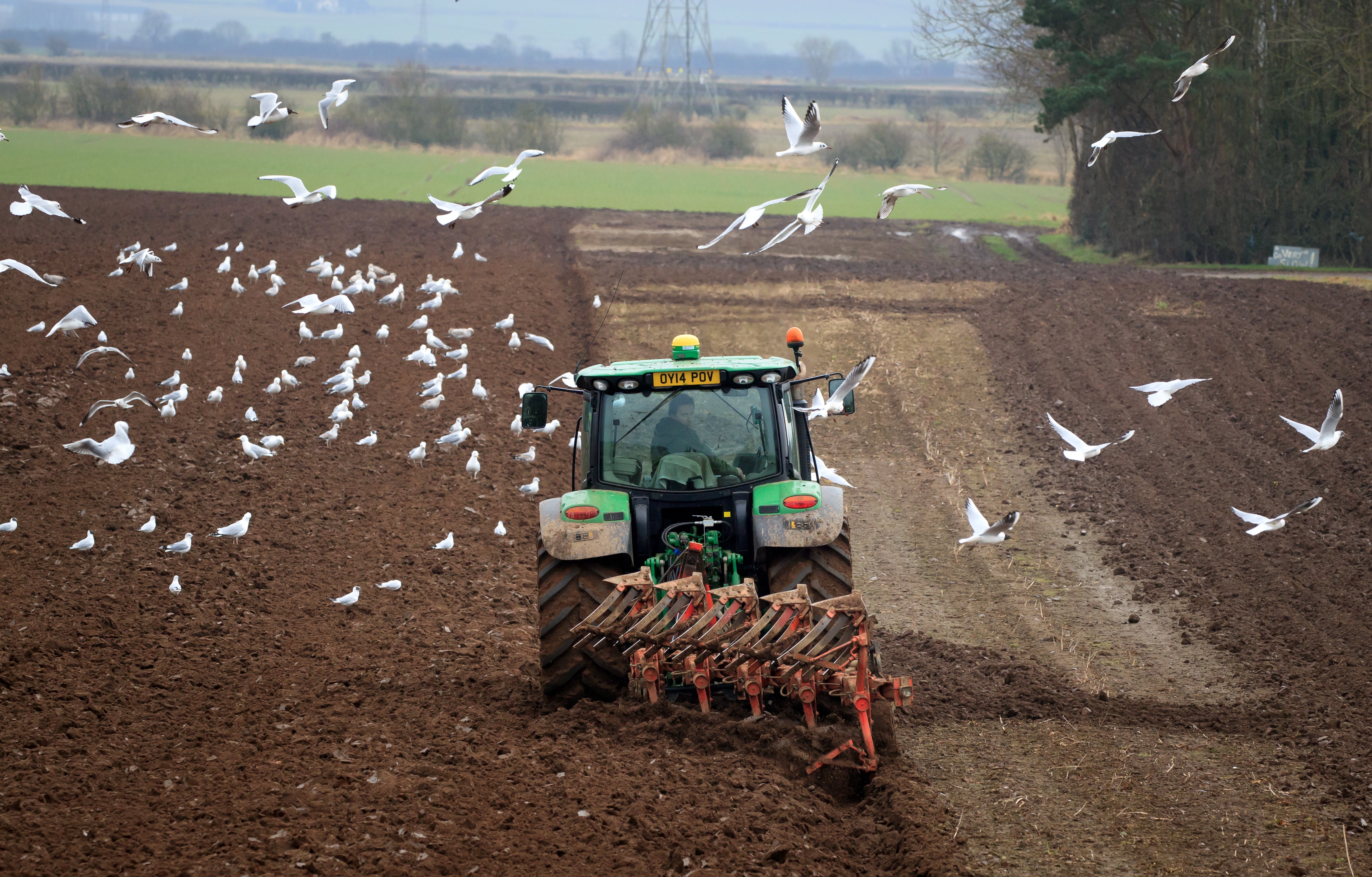Backing for local food system ‘could create 200,000 jobs and restore nature’
Food and farming charity Sustain and the RSPB are calling on the Government to fill local food infrastructure gaps to achieve environmental benefits.

Your support helps us to tell the story
From reproductive rights to climate change to Big Tech, The Independent is on the ground when the story is developing. Whether it's investigating the financials of Elon Musk's pro-Trump PAC or producing our latest documentary, 'The A Word', which shines a light on the American women fighting for reproductive rights, we know how important it is to parse out the facts from the messaging.
At such a critical moment in US history, we need reporters on the ground. Your donation allows us to keep sending journalists to speak to both sides of the story.
The Independent is trusted by Americans across the entire political spectrum. And unlike many other quality news outlets, we choose not to lock Americans out of our reporting and analysis with paywalls. We believe quality journalism should be available to everyone, paid for by those who can afford it.
Your support makes all the difference.A 10% shift in food retail towards a more sustainable and local system could result in up to 200,000 more jobs, support a green economic recovery and restore nature, according to a report.
Food and farming charity Sustain and the RSPB are calling on the Government to use its post-Brexit investment funds to fill local food infrastructure gaps to achieve environmental and social benefits.
Their report, The Case for Local Food, comes ahead of the release of the National Food Strategy, which is expected to make recommendations on food production, and argues that Government support to plug infrastructure gaps could help local food businesses access £2 billion of contracts.
The report defines “local” as food that is produced within a short distance of where it is consumed, often accompanied by a social structure and supply chain including co-ops, home delivery box schemes and markets, in contrast to the large-scale supermarket system.
By offering produce with lower production emissions, local food systems can cut our carbon footprint, reconnect people with seasonal eating and reduce waste
It suggests that every £10 spent with the box scheme results in £25 spent in the local area, compared with just £14 when the same amount is spent in a supermarket.
It cites a recent survey of vegetable box schemes which found that the 67% of 101 producers were “small-scale” but regularly supplying up to 300 boxes a week to local communities.
A study of 228 box schemes across four countries, including 147 from the UK, found that 41% used produce from their own farms and 76% within 100km, with the report noting that 70% of beans, peas and asparagus in UK supermarkets are freighted in by air.
Sustain deputy chief executive Ben Reynolds said: “UK farmers, food producers and the public could all benefit by increased opportunities to buy local food if the Government acts now and invests in the much-needed infrastructure and commits to policies that drive change.
“One in seven jobs in this country is in food and farming, so it deserves the support it needs to thrive.”
Lucy Bjorck, senior policy adviser at the RSPB, said: “By shifting more of our food retail to local, nature-friendly sources, the Government could help restore nature to the countryside and tackle climate change.
“A thriving local food economy supports diverse farming systems which bring benefits for nature by sustaining a diversity of habitats and management.
“By offering produce with lower production emissions, local food systems can cut our carbon footprint, reconnect people with seasonal eating and reduce waste.”